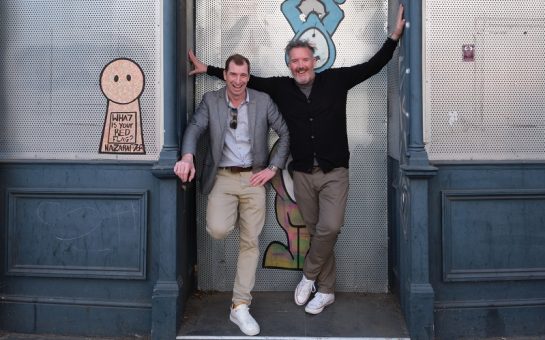There has been a significant decline in people using popular variations of women’s contraception, new data has revealed.
Data released from NHS England and Office of Heath Improvement and Disparities has shown both long-acting reversible contraception (LARC) and user dependant methods have fallen in popularity.
In fact, all methods have declined in use over the last ten years except the IU device, IU system and natural family planning method when looking at Sexual and Reproductive Health services data.
While these types of methods appear to be declining, new inventions such as Natural Cycles, created in 2013, could explain why.
Dr Elina Berglund Scherwitzl, co-founder and CEO of Natural Cycles said: “I came up with the idea for Natural Cycles when my husband and I started to talk about our future family.
“The problem I faced was the lack of regulated birth control options that were both non-invasive and non-hormonal, so I decided to apply my skills from particle physics to develop my own, effective natural birth control, creating a unique algorithm that could accurately pinpoint when a woman is fertile.”
Natural Cycles is an app that uses a smart algorithm that is sensitive to subtle patterns in a woman’s cycle to determine daily fertility, based on basal body temperature and period data.
Scherwitzl explained that currently Natural Cycles is the only form of birth control on the market that is cleared by regulators in Europe and is 93% effective as a digital birth control product.
Examining data from GP services as well as Sexual and Reproductive Health services gives a broader picture of what is happening in England.
The total prescribed LARC from GP services and SRH services combined shows a decrease from 533,335 in 2014 to 490,879 in 2022, with a vast drop in 2020.
Although the levels of prescribed LARC have increased recently, the levels have not returned to what they were pre-pandemic.
Dr Susan Walker, Researcher and Associate Professor in Contraception, Reproductive & Sexual Health at Anglia Ruskin University said: “Since about 2005, there has been quite a drive from the government for women to rely more on the longer-acting methods as they have a very low failure rate.”
Walker explained that one reason for the data could be that public health funding for contraceptive community clinics has been dramatically reduced over the last ten years and so women are finding it harder to access clinics for their contraception.
Women prescribed short-acting combined hormonal contraception from both their GP and Sexual Reproductive Healthcare services have also seen significant declines from 2016 until now.
However the data doesn’t describe the complete picture as Walker explained that some men and women use pharmacists to buy over the counter contraceptives such as condoms which are not captured in this data.
Natural Cycles has seen a trend in women speaking up about their experiences with birth control and being dismissed by healthcare professionals when seeking guidance.
“The important thing here is that there are different options backed by science and embraced by healthcare professionals so that all women can find a method that works for them” said Scherwitzl.
Walker, who knows Natural Cycles well, said: “I think Natural Cycles works extremely well if you have a couple who are prepared to limit their sexual relations around when the woman is fertile, the trouble is most people aren't quite that disciplined.
“It won’t work 100% of the time because there are things that make it not work very well, like very irregular periods, approaching menopause or intermittent illness.”
Discussions around the future of contraception continue to be explored with conversations regarding male contraception rising.
Walker explains that there is lots of research regarding male contraceptives beyond condoms, but that none of it has come to market yet.
“I'd like to see men bearing a little bit of the burden, not to punish them, but to make it more equal” said Walker.
When also asked about the future of women’s contraception, Scherwitzl explained that birth control doesn’t have a one size fits all approach and rather the more options there are, the better.
“The more women are able to find a method that fits their unique needs, the better a woman can control her reproductive health, the more she is able to live her life on her terms.”
Scherwitzl went onto explain that plans for Natural Cycles are ever growing with the launch of a new mode in the app: NC° Postpartum, designed to support new mothers in their physical and mental recovery after childbirth.





